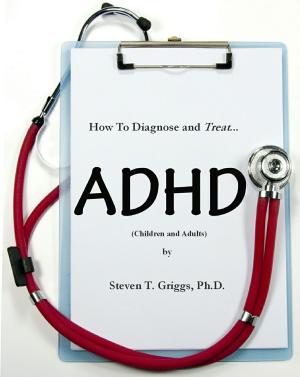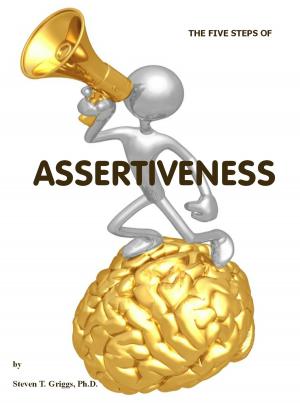Child Visitation and the Formation of Self-Esteem
Nonfiction, Family & Relationships, Family Relationships, Divorce, Health & Well Being, Psychology, Cognitive Psychology| Author: | Steven T. Griggs, Ph.D. | ISBN: | 9781476162904 |
| Publisher: | Steven T. Griggs, Ph.D. | Publication: | June 23, 2012 |
| Imprint: | Smashwords Edition | Language: | English |
| Author: | Steven T. Griggs, Ph.D. |
| ISBN: | 9781476162904 |
| Publisher: | Steven T. Griggs, Ph.D. |
| Publication: | June 23, 2012 |
| Imprint: | Smashwords Edition |
| Language: | English |
I start by describing the four primary elements of self-esteem, or Powers as I call them. They are: Basic Worth, Competence, Ego Strength and Self-Acceptance. Kids are in the process of forming each of these, starting with the First Power and then building. Kids get the information they need to put together their self-esteem from their family-of-origin, normally, or in the case of divorcing parents, their "families"-of-origin. Depending upon when the divorce occurs, there is an impact to a particular Power, and depending upon the level of conflict, there is an impact to all the Powers.
Next, there is a discussion of what a self-esteem is and how it develops. Kids respond differently at different ages to different levels of stress. Wise parents recognize this and act accordingly. Parents have to understand basic child psychology at different ages and parents have to understand how to treat the "ex's" in ways that interface with their child's self-esteem needs.
Some specific parent behaviors are emphasized, especially the big ones that cause damage if ignored. There are three or four BIG "no-no's" for parents to consider. These ideas are discussed in the context of the Four Powers, but also in the general sense of how parents can deal with their children, now that the parents are no longer together.
Some techniques are discussed that make this whole "life change" much easier. Assertiveness skills and general communication skills are considered (articulation of process, content vs. process communication).
I start by describing the four primary elements of self-esteem, or Powers as I call them. They are: Basic Worth, Competence, Ego Strength and Self-Acceptance. Kids are in the process of forming each of these, starting with the First Power and then building. Kids get the information they need to put together their self-esteem from their family-of-origin, normally, or in the case of divorcing parents, their "families"-of-origin. Depending upon when the divorce occurs, there is an impact to a particular Power, and depending upon the level of conflict, there is an impact to all the Powers.
Next, there is a discussion of what a self-esteem is and how it develops. Kids respond differently at different ages to different levels of stress. Wise parents recognize this and act accordingly. Parents have to understand basic child psychology at different ages and parents have to understand how to treat the "ex's" in ways that interface with their child's self-esteem needs.
Some specific parent behaviors are emphasized, especially the big ones that cause damage if ignored. There are three or four BIG "no-no's" for parents to consider. These ideas are discussed in the context of the Four Powers, but also in the general sense of how parents can deal with their children, now that the parents are no longer together.
Some techniques are discussed that make this whole "life change" much easier. Assertiveness skills and general communication skills are considered (articulation of process, content vs. process communication).















